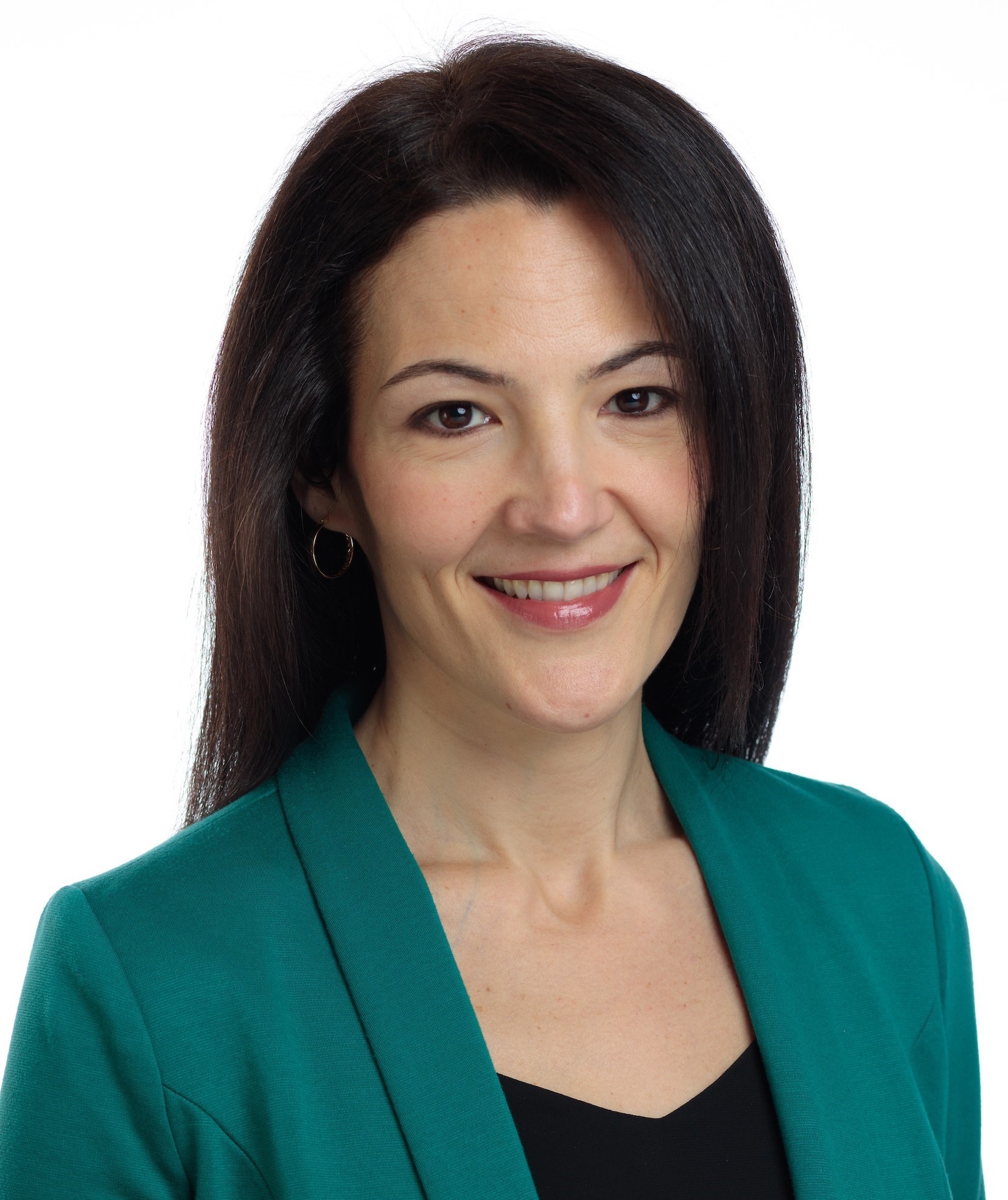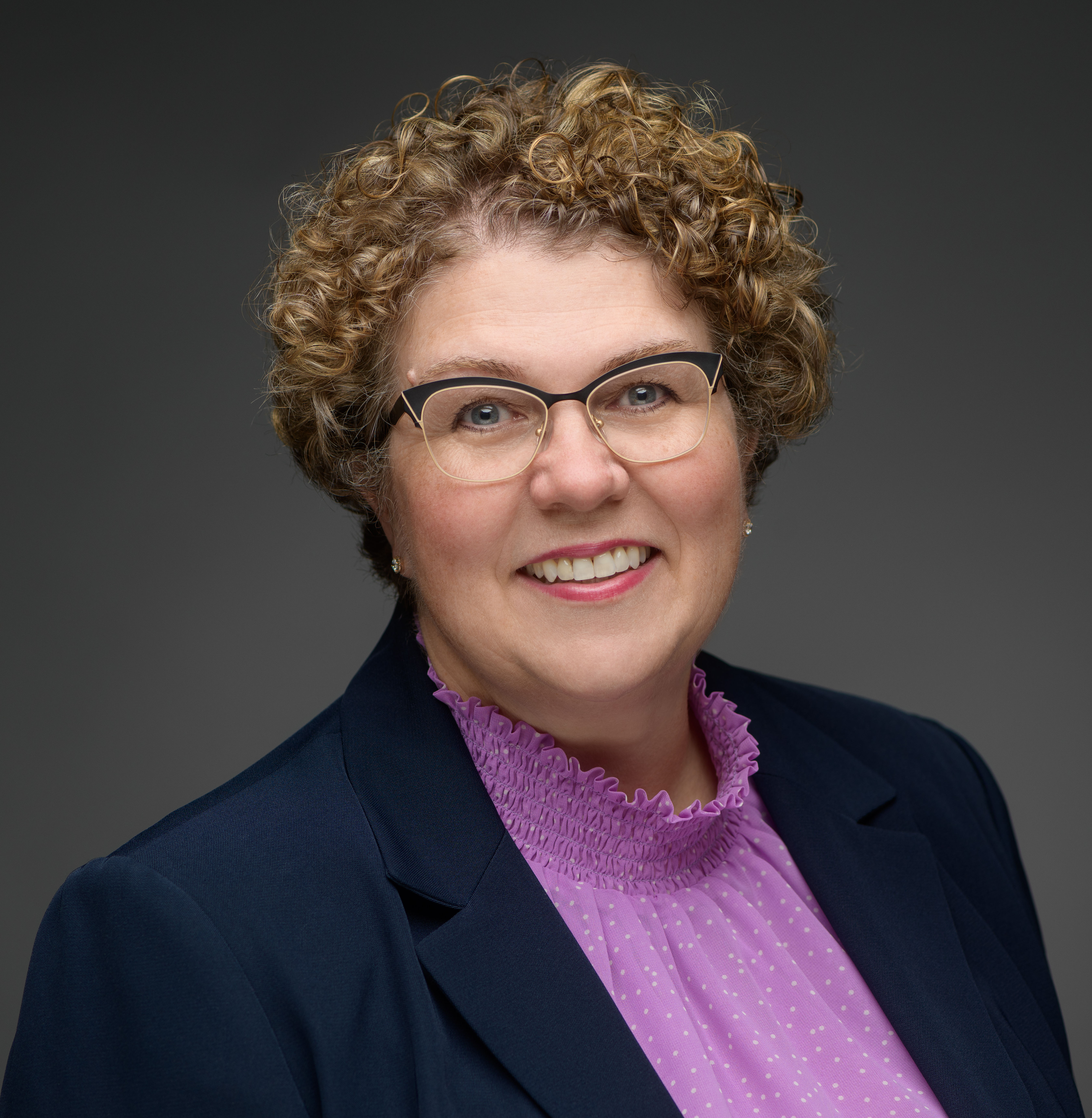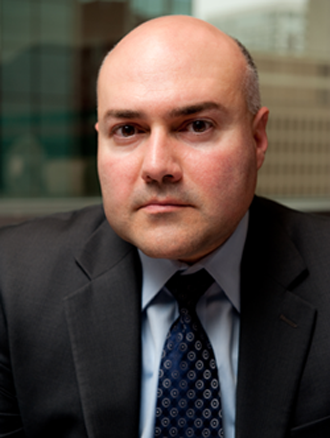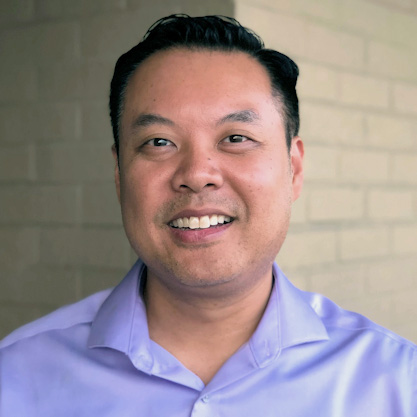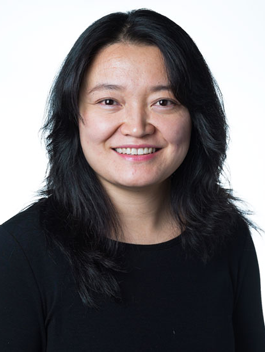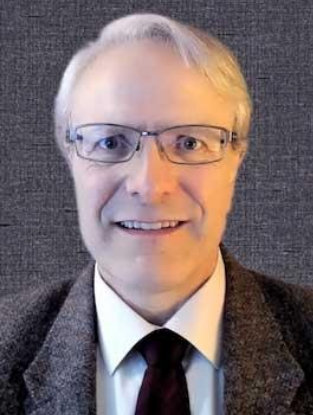|
|
Amaya Arcelus (Master of Ceremonies)
Program Director, Aging in Place Challenge Program, National Research Council of Canada
Dr. Amaya Arcelus is the director of the NRC’s Aging in Place Challenge Program. The program aims to provide innovative solutions that empower older adults and caregivers to live safe, healthy, and socially-connected lives within their homes and communities of choice. Amaya's work in this field began during her PhD in electrical and computer engineering at Carleton University, where she earned the Senate Medal for her research into context-aware smart home monitoring. She spent 3 years as a postdoctoral fellow at the University of Toronto and the University Health Network, developing and leading a program on autonomous physiology and activity monitoring to support older adults living with heart failure. Prior to joining the NRC, Amaya worked for Defence Research and Development Canada, where she began as a scientist and ultimately served as manager of the Cyber Operations Science & Technology Program.
|
|
|
Éric Baril
Vice-President, Transportation and Manufacturing Division, National Research Council Canada
Dr Éric Baril est Vice-président (par intérim) de la Division des transports et de la fabrication.
Titulaire d'une B.Ing en génie des matériaux et d'un PhD en métallurgie de Polytechnique Montréal, spécialisé dans la caractérisation microstructurale des matériaux et le traitement de l'acier. Également diplômé du programme de leadership à l'intention des cadres supérieurs (PLCS) de l'Institut sur la gouvernance.
Il a occupé un poste d'associé de recherche au Centre de caractérisation et de microscopie des matériaux de Polytechnique Montréal puis s'est joint au Centre technologique Noranda, à titre de scientifique principal, et a travaillé au développement de produits et d'applications en zinc ainsi qu’au développement de produits en magnésium.
En 2004, il se joint à l'Institut des matériaux industriels du CNRC comme chercheur. Il a occupé les rôles de chef d'équipe et chef du programme Technologies de propulsion des véhicules.
Il a co-écrit plus de 170 publications scientifiques et présentations lors de conférences. Le Dr Baril a joué un rôle clé dans le développement d'un nouvel alliage de magnésium pour bloc moteur d’automobile et sur la mise en forme par poudre de titane pour les applications de dispositifs médicaux. Ces résultats de RD permettent au CNRC d'offrir des technologies de pointe à de nombreux clients et partenaires.
|
|
|
Alexander Segall
Research Affiliate, Centre on Aging, Senior Scholar, Department of Sociology and Criminology, University of Manitoba
|
|
|
Suzanne Dupuis-Blanchard (Dr.)
Professor & Research Chair in Population Aging, School of Nursing, CNFS-Université de Moncton
Dr. Suzanne Dupuis-Blanchard is a registered nurse and full professor at the School of Nursing at the Université de Moncton where she holds a Research Chair in Population Aging from the Consortium national de formation en santé (CNFS) and is Director of the Centre on Aging. Her program of research focuses on the multiple dimensions of aging in place as well as on issues related to the health of French speaking older adults living in Official Language Minority Communities (OLMC). She completed a PhD in Nursing from the University of Alberta, a Master of Nursing from the University of New Brunswick and a Bachelor of Science in Nursing from Université de Moncton. She is the current chairperson of the National Seniors Council and the immediate past president of the Canadian Association on Gerontology. She co-led the New Brunswick Council on Aging for the development of a provincial strategy on aging in 2017.
|
|
|
Samir Sinha (Dr.)
Director of Geriatrics, Mount Sinai Hospital, University Health Network
Dr. Samir Sinha is a passionate and respected advocate for the needs of older adults. Dr. Sinha currently serves as the Director of Geriatrics of the Sinai Health System and the University Health Network in Toronto, the Peter and Shelagh Godsoe Chair in Geriatrics at Mount Sinai Hospital, and the Director of Health Policy Research at the National Institute on Ageing at Ryerson University. He is also a Professor in the Departments of Medicine, Family and Community Medicine, and the Institute of Health Policy, Management and Evaluation at the University of Toronto and an Adjunct Professor of Medicine at the Johns Hopkins University School of Medicine.
A Rhodes Scholar, after completing his undergraduate medical studies at the University of Western Ontario, he obtained a Masters in Medical History and a Doctorate in Sociology at the University of Oxford’s Institute of Ageing. He has pursued his postgraduate training in Internal Medicine at the University of Toronto and in Geriatrics at the Johns Hopkins University School of Medicine.
Dr. Sinha's breadth of international training and expertise in health policy and the delivery of services related to the care of the elderly have made him a highly regarded expert in the care of older adults. In 2012 he was appointed by the Government of Ontario to serve as the expert lead of Ontario's Seniors Strategy and he is now working on the development of a National Seniors Strategy. In 2014, Canada’s Maclean’s Magazine proclaimed him to be one of Canada’s 50 most influential people and its most compelling voice for the elderly. Dr. Sinha was recently appointed to serve as a member of the Government of Canada’s National Seniors Council, and is also leading the development of new National Long-Term Care Standards for Canada.
Beyond Canada, Dr. Sinha is a Fellow of the American Geriatrics Society and a member of the American Red Cross Scientific Advisory Council. Dr. Sinha has further consulted and advised hospitals and health authorities in Britain, China, Iceland, Singapore, St. Kitts and Nevis, Taiwan and the United States on the implementation and administration of unique, integrated and innovative models of geriatric care that reduce disease burden, improve access and capacity and ultimately promote health.
|
|
|
Taki Sarantakis
President, Canada School of Public Service
Taki Sarantakis has been President of the Canada School of Public Service since July 2018, having previously served as Associate Secretary of the Treasury Board at the Treasury Board of Canada Secretariat. Mr. Sarantakis spent most of his career at Infrastructure Canada, including as Assistant Deputy Minister of Policy and Communications.
In 2011 Mr. Sarantakis was awarded Canada's Public Service Award of Excellence in Public Policy, and in 2013 he was a recipient of the Queen Elizabeth II Diamond Jubilee Medal.
Prior to joining the federal government, Mr. Sarantakis was a doctoral candidate at the University of Toronto. He holds a B.A. and an M.A. from York University in Toronto, as well as an Executive Certificate in Public Policy from the Harvard Kennedy School of Government. He is a graduate of the Rotman School of Management's Institute of Corporate Directors Education Program, holding the ICD.D designation.
|
|
|
Ron Beleno
Lived Experience Dementia Caregiver and Co-Chair with the Older Adult and Caregiver Advisory Committee, AGE-WELL
Ron was a proactive caregiver to his father who lived with Alzheimer's for 10+ years, where his dad aged and lived in place at home until his passing in January of 2018. Ron is known for utilizing technology, his local community, innovative strategies and other compassionate care team members to support his family's life to live well and as best as possible.
Ron advises and presents across Canada and internationally on various themes around dementia, innovation, healthcare, and related issues such as patient engagement, caregiver advocacy, aging and living well, with a variety of groups such as the Alzheimer's & Dementia Societies, educational institutions, healthcare organizations, innovators, and corporations.
One of Ron's numerous roles in the community is the co-chair with the Older Adult and Caregiver Advisory Committee with AGE-WELL, Canada's Technology and Aging Network where he received their 2020 Honorary Fellows Award.
He is a Coach with Health Care Excellence Canada (HEC) on numerous teams such as Re-Imagining Care for Older Adults, Paramedics Providing in Palliative Care, and the Virtual Care Together Collaborative
|
|
|
Mark Hewko
Research Engineer, Biomechatronics, National Research Council Canada
|
|
|
Denis Laroche
Biomedical Engineer, Chief of Biomechatronics, National Research Council Canada
|
|
|
Di Jiang
President’s Science Advisor and Secretary to the President’s Research Excellence Advisory Committee, National Research Council Canada
Di Jiang a été nommée à titre de conseillère scientifique du président et secrétaire du comité consultatif du président pour l'excellence en matière de recherche en octobre 2020, un double rôle visant à fournir des recommandations et des conseils au président sur des sujets liés à l'excellence en recherche, et afin de représenter les vues des communautés de recherche du CNRC.
Di Jiang s'est joint à la Division des sciences de la vie du CNRC en 2008. Elle occupe actuellement le poste de chef d'équipe de santé connectée au Centre de recherche sur les dispositifs médicaux, où elle dirige les activités de recherche et de développement dans le domaine des soins virtuels, tel que le suivi continu des patients à distance avec des capteurs médicaux, et la détection de bio‑signaux sans contact avec des appareils commerciaux.
Au cours de sa carrière, Mme Jiang a travaillé comme experte‑conseil pour de nombreuses organisations et a publié et collaboré à de multiples travaux de recherches portants sur la simulation en temps réel pour les applications médicales et sur les soins interactifs à distance augmentés par l'intelligence artificielle.
Di Jiang est titulaire d'une maîtrise et d'un doctorat en informatique de l'Université de Montréal, obtenu respectivement en 2003 et 2008. Elle est également titulaire d'un baccalauréat en économie.
|
|
|
David Rivest-Hènault
Research Officer, National Research Council Canada
|
|
|
Manuela Kunz
Research Officer, Computer Vision and Graphics Team, Digital Technologies, National Research Council Canada
|
|
|
Pengcheng Xi
Senior Research Officer, Computer Vision and Graphics team, Digital Technologies, National Research Council Canada
|
|
|
Nushi Choudhury
Research Officer, National Research Council Canada
|
|
|
Melanie Segado
Research Scientist, National Research Council Canada
|
|
|
Joel David Martin
Chief Digital Research Officer, National Research Council of Canada
Joel Martin (Ph. D.) est le dirigeant principal du Centre de recherche en technologies numériques du Conseil national de recherches du Canada (CNRC). Il est titulaire d'un doctorat en informatique (apprentissage automatique) du Georgia Institute of Technology et a effectué des études postdoctorales à l'Université de Pittsburgh. Il a reçu des prix pour son leadership exceptionnel et pour ses approches novatrices en matière de transfert de technologie. Il a publié des dizaines d'articles de recherche évalués par des pairs et a enseigné l’informatique à l'Université d'Ottawa ainsi qu’à l'Université Carleton. Depuis qu'il s'est joint au CNRC en 1994, M. Martin a été chercheur et a occupé plusieurs postes de direction au Centre de recherche en technologies numériques, notamment directeur principal, directeur de la recherche et du développement, responsable du programme Outils d'analyse multimédias pour la sécurité, chef d'équipe et chef de project.
Son leadership stratégique a permis d'accroître les retombées de la recherche en technologies numériques tant au CNRC qu'ailleurs dans le monde. M. Martin a notamment contribué à des avancées et à la mise au point d'applications dans le domaine comme les sciences, l'analyse des données, l'intelligence artificielle, l'apprentissage automatique, la traduction automatique, la visionique, le graphisme informatique, la cyber sécurité, les interfaces personne-machine, le traitement du langage naturel, la médecine, la bio-informatique, et l'Internet des objets (IdO). Sous sa direction, le Centre de recherche a pu introduire des technologies numériques pour détecter les épidémies, dont plusieurs sont maintenant utilisées dans le monde entier, ainsi que des technologies numériques qui promeuvent les langues autochtones au Canada.
M. Martin a aussi mis sur pied des programmes de recherche-développement qui non seulement suscitent l'intérêt des universités et d'autres ministères, mais aussi les invitent à y collaborer. Ces initiatives comprennent le Centre d'analyse des données du CNRC, le programme Outils d'analyse multimédias pour la sécurité et le programme Défi « L'intelligence artificielle au service de la conception ». Elles ont permis d'accroître la production scientifique et l'impact du Centre de recherche pour le Canada et la population canadienne.
|


